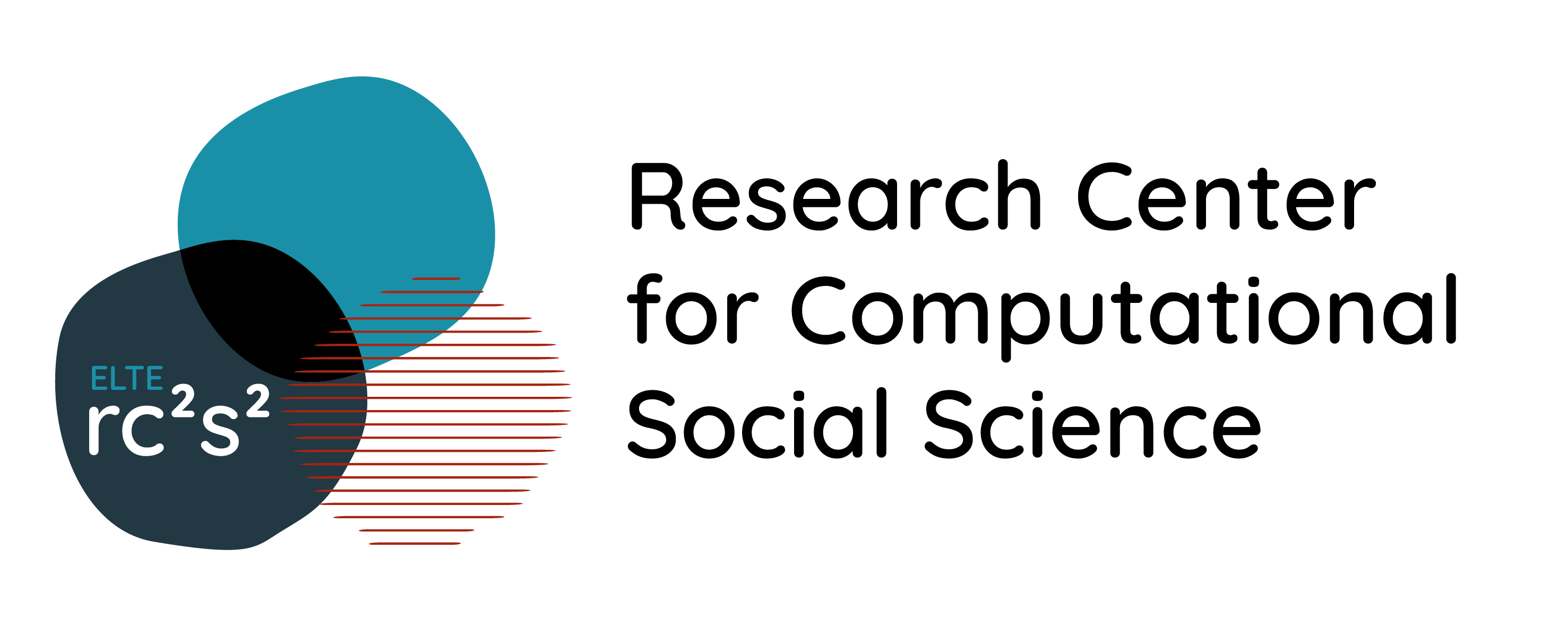Politicians have an influential role in the construction of social reality and the thematization of topical issues of a country’s public sphere. They simultaneously have an effect on and are influenced by the political polarization of society. Therefore, studying the political speeches of the members of a parliament (MPs) provides us with unique insights into this process and about society. Parliamentary- and political communication in general has undergone significant change over the last two decades. In general terms, the issue of remembrance and memory politics divides political parties. For this reason, the study of the topic can yield particularly interesting results and can also help to better understand the fault lines observed in society on the issue of memory politics.
The motivation of this research is to analyze the themes of memory politics and the dynamics of their occurrence in the Hungarian National Assembly and reveal the communication strategies of political parties. The corpus under study contains parliamentary speeches from 1998 to 2020, hundreds of thousands of texts. In addition to the transcripts, metadata is also available; including the date, type, length of the speeches, the name and party of the speakers, which are used for the analysis.
The research is conducted by using natural language processing tools, relying on automated quantitative analysis of large amounts of textual data. The study takes an exploratory approach, uses structural topic models (STMs) to investigate the emergence and dynamics of different memory politics related themes. This method simultaneously identifies thematic text clusters, and communication patterns, while capturing semantic and syntactic features. The modeling is performed in two steps: first, for the whole corpus, and second, for the speeches that most typically belong to the topic of memory politics. In both models, time is handled as an explanatory variable in the analysis, considering temporal variation and dynamics. In the data-driven analysis, the memory policy strategies of parliamentary parties, and their changes over time can be investigated on the speeches.
The results point to the political communication turnaround in 2010, highlighting the difference between the language before and after 2010. This year marks a turning point for almost all parties, both in terms of general discourse and in terms of the political themes of memory. The results also confirm the preliminary assumptions for each parliamentary party, illustrating the differences in their memory politics and communication mechanisms.
